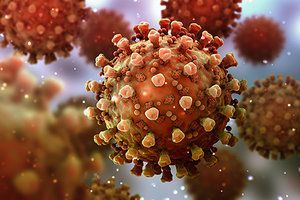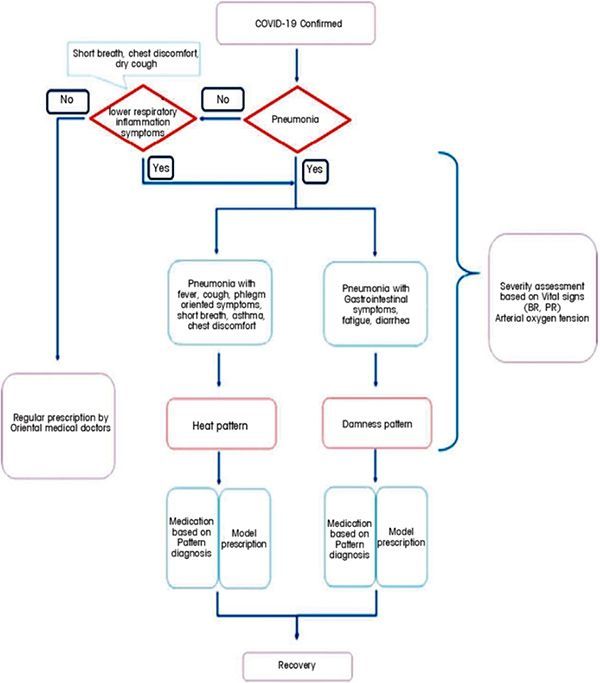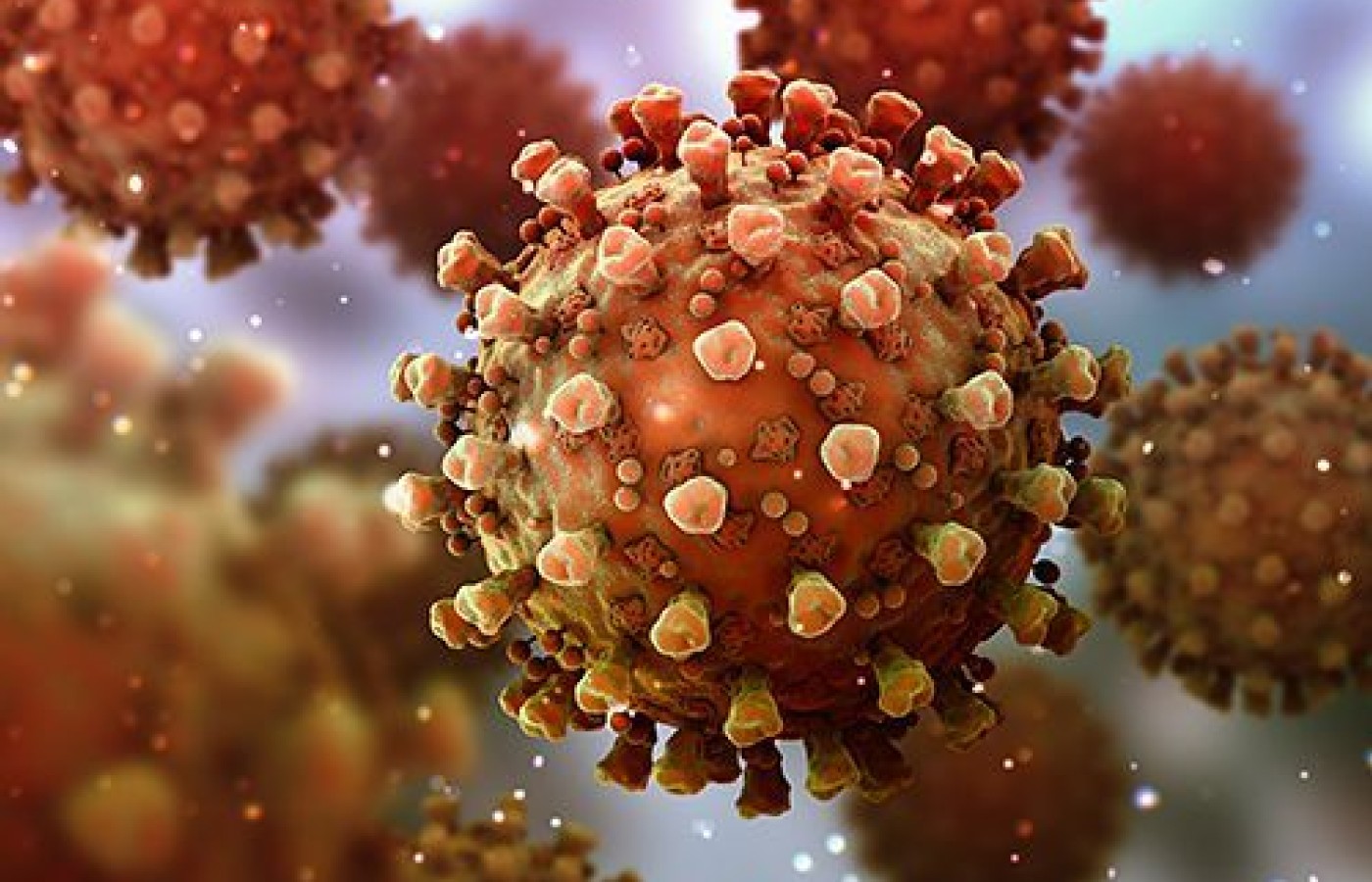The most important relationship I seek to nurture in the treatment room is the one a patient has with their own body. We live in a culture that teaches us to override pain, defer to outside authority, and push through discomfort. Patients often arrive hoping I can “fix” them, but the truth is, we can’t do the work for them. We can offer guidance, insight and support, but healing requires their full participation.
Official COVID-19 Clinical Guidelines From the Association of Korean Medicine (Pt. 2)
4. Recovery Phase
For COVID-19-confirmed patients during the recovery phase, consider Shen Zhu Jian Pi Tang (Ginseng and Atractylodes Fortify the Spleen Decoction) plus Sheng Mai San (Generate the Pulse Powder) or Shen Zhu Jian Pi Tang plus Qing Shu Yi Qi Tang (Clear Heat and Augment the Qi Decoction).
Clinical Considerations: For cases when the test result was negative for PCR (Polymerase Chain Reaction) test, given at 24-hour intervals.
Authors' Commentary:
Shen Zhu Jian Pi Tang is a commonly used formula for weak digestive system symptoms. This Chinese medicinal formula from the Ming Dynasty (1368-1644) is commonly used in traditional Korean herbal classics for digestive issues. The herbs in this formula consist of:
- Ren Shen (Radix Ginseng), Bai Zhu (Rhizoma Atractylodis Macrocephalae), Bai Fu Ling (Poriae Alba), Chen Pi (Pericarpium Citri Reticulatae), Shan Zha (Fructus Crataegi), 4g each
- Zhi Shi (Fructus Aurantii Immaturus), Bai Shao (Radix Paeoniae Alba), 3.2g each
- Sha Ren (Fructus Amomi), Shen Qu (Massa Fermentata Medicinalis), Mai Ya (Fructus Hordei Germinatus), Gan Cao (Radix Glycyrrhizae), 2g each
- Three pieces of Sheng Jang (Rhizoma Zingiberis Recens)
- Two Da Zao (Fructus Zizyphi Jujubae)

Qing Shu Yi Qi Tang used in this guideline is a modification of Bu Zhong Yi Qi Tang (Tonify the Middle and Augment the Qi Decoction).5 This formula is commonly used in South Korea to nourish yin and clear deficient heat. The South Korean version of the formula consists of the following herbal composition:
- Cang Zhu (Rhizoma Atractylodis), 6g
- Huang Qi (Radix Astragali), Sheng Ma (Rhizoma Cimicifugae), 4g each
- Ren Shen (Radix Ginseng), Bai Zhu (Rhizoma Atractylodis Macrocephalae), Chen Pi (Pericarpium Citri Reticulatae), Shen Qu (Massa Fermentata Medicinalis), Ze Xie (Rhizoma Alismatis), 2g each
- Huang Bai (Cortex Phellodendri), Dang Gui (Radix Angelicae Sinensis), Ge Gen (Radix Puerariae), Qing Pi (Pericarpium Citri Reticulatae Viride), Mai Men Dong (Radix Ophiopogonis), Gan Cao (Radix Glycyrrhizae Uralensis), 1.2g each
5. Qing Fei Pai Du Tang (Clear the Lungs & Detox Decoction) and Using Other Herbal Formulas as Replacements
A. To improve symptoms for confirmed COVID-19 patients, consider Qing Fei Pai Du Tang.
Clinical Considerations: Must consider the degree of seriousness of exterior and respiratory symptoms from the heat pathogen, as well as digestive symptoms from the damp pathogen (need a comparison of clinical cases between South Korea and China).
Must determine whether there are digestive symptoms from the heat pathogen in South Korea. If not, usage might produce side effects. [Since this formula drains damp and dries phlegm, care should be taken to caution against excessive dryness in cases where there are no damp symptoms.]
When using this formula clinically, patient symptoms must be differentiated carefully. When heat symptoms are severe, focus on the individual herbal composition [such as Shi Gao or Chai Hu] in Ma Xing Gan Shi Tang (Ephedra, Apricot Kernel, Gypsum and Licorice Decoction) and Xiao Chai Hu Tang (Minor Bupleurum Decoction). When cough symptoms are severe, focus on the herbal composition in She Gan Ma Huang Tang (Belamcanda and Ephedra). For digestive and stool-related symptoms, focus on the herbal composition in Wu Ling San (Five Ingredient Formula with Poria) and Huo Xiang Zheng Qi San (Agastache Powder to Rectify)
B. When replacing Qing Fei Pai Du Tang to improve patient symptoms, first consider modifications of the following three herbal formulas: Ge Gen Jie Ji Tang (Kudzu Decoction to Release the Muscle Layer), Xiao Chai Hu Tang (Minor Bupleurum Decoction), Bu Huan Jin Zheng Qi San.
Clinical Considerations: For severe nose and throat infection symptoms (dry nose, dry throat, sore throat, yellow phlegm), consider removing Xiao Chai Hu Tang and adding Jing Jie Lian Qiao Tang (Schizonepeta and Forsythia Decoction).
For severe coughs, consider removing Xiao Chai Hu Tang and adding Xing Su Sang (Apricot Kernel and Perilla Powder) for clear phlegm, or Chai Geng Ban Xia Tang (Bupleurum, Platycodi, and Pinellia Decoction) for cases with yellow phlegm.
For severe digestive symptoms with fullness and discomfort, consider removing Bu Huan Jin Jing Qi San and adding Xiang Sha Ping Wei San (Cyperus and Amomum Calm the Stomach Powder).

Editor's Note: Part 1 of this two-part article appeared in the August issue of AT. The digital version of part 2 includes a flow chart of the treatment process for COVID-19.6
References
5. This formula appears in herbal classics by Li Dong Yuan (1180-1251), cited in Bensky's Chinese Herbal Medicine: Formulas & Strategies, 2nd Edition, p.p. 244-245. This formula also appears in Tongui Bogam (Treasures of Eastern Medicine), Op. Cit. [reference #4 in pt. 1 of this article].
6. Translated from the Association of Korean Medicine, Op. Cit., p. 3 [reference #2 in pt. 1 of article].



